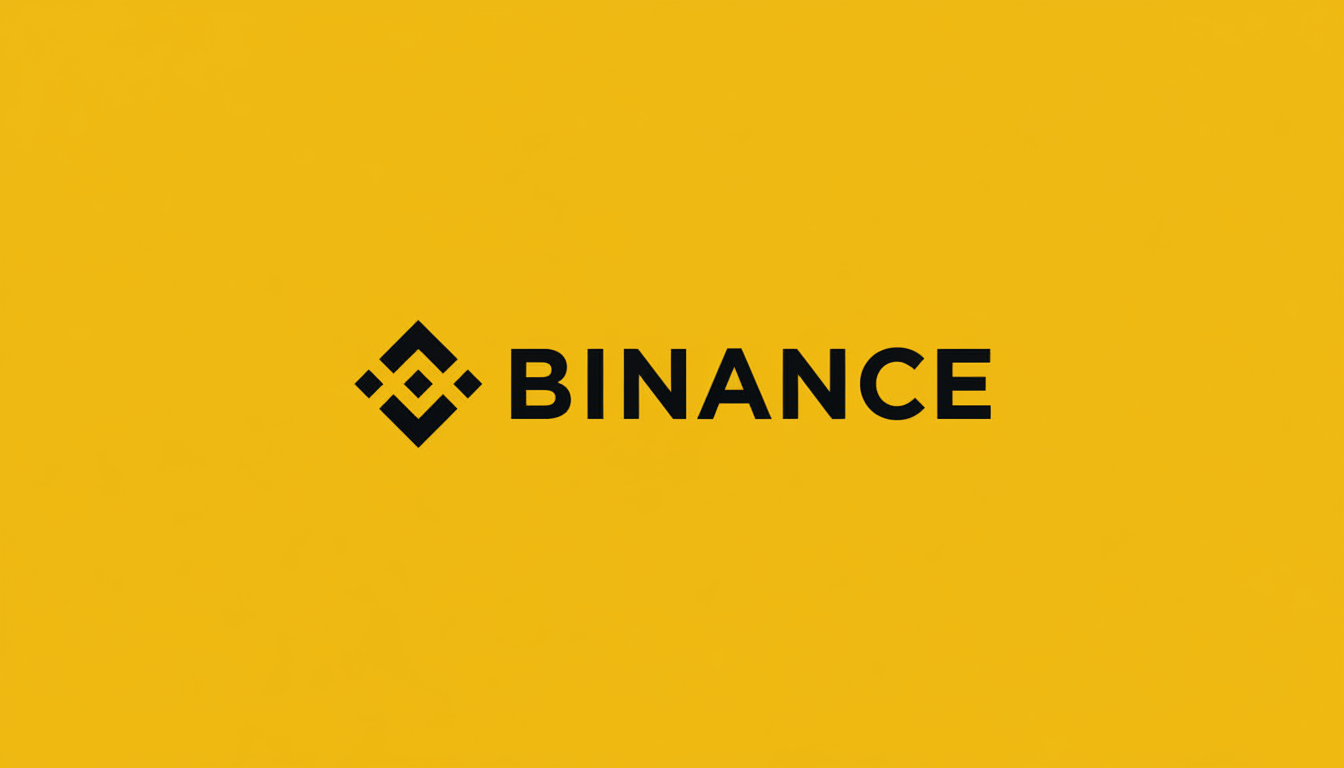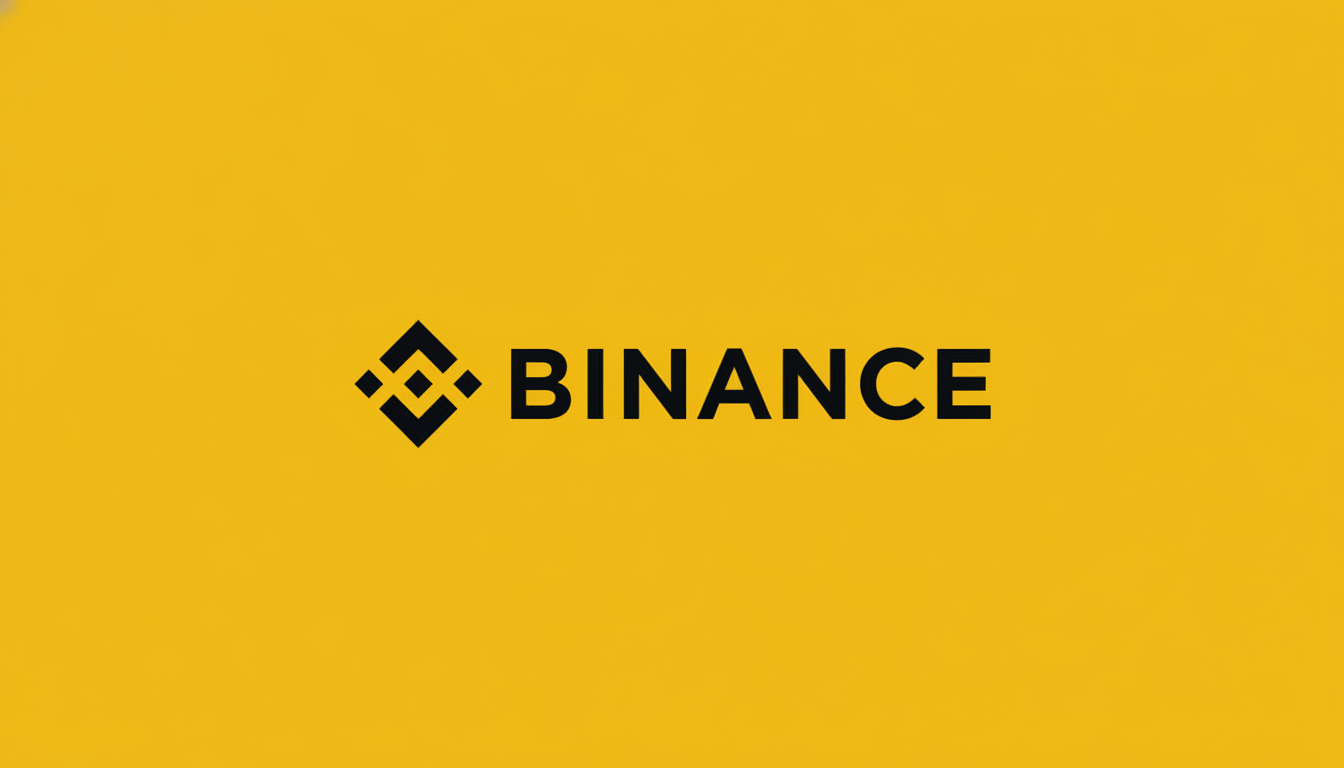President Donald Trump has granted a presidential pardon to Binance founder Changpeng “CZ” Zhao, closing the book on the crypto mogul’s federal criminal exposure and setting off a fresh round of debate over the government’s posture toward digital assets. The move, first reported by CNBC, arrives after Zhao pleaded guilty to violations tied to anti-money-laundering controls at Binance and served a short prison term, and after the exchange paid one of the largest corporate penalties in U.S. history.
What the Presidential Pardon Covers and Does Not Change
A presidential pardon forgives an individual for a federal crime, restoring certain civil rights, but it does not erase the underlying conviction or rewrite the facts on the record. It also does not touch corporate obligations, which means Binance’s multibillion-dollar settlement with U.S. authorities and its ongoing compliance commitments remain intact. Zhao’s $50 million personal penalty has already been paid, and his agreement not to return as a Binance executive still stands.

Legal scholars note that a pardon does not insulate a person from civil enforcement actions or scrutiny in other jurisdictions. If separate civil matters are pending, those can proceed on their own timelines. Nor does a pardon preclude U.S. agencies from continuing to monitor compliance at the company Zhao founded.
How We Got Here in the Binance Case and Zhao’s Penalties
Zhao admitted that Binance failed to implement effective anti-money-laundering and sanctions controls while it rapidly scaled to become the world’s largest crypto exchange by trading volume. As part of a sweeping resolution with the Department of Justice, Treasury’s FinCEN and OFAC, Binance agreed to pay $4.3 billion and submit to multiyear oversight. Zhao stepped down as CEO, paid his personal fine, and later served four months in federal custody.
The White House characterized the pardon as a constitutional exercise aimed at correcting what it framed as overreach in crypto enforcement. Critics see it differently, arguing that easing consequences for a high-profile executive undercuts hard-won gains in financial crime controls that regulators say protect markets and national security.
Politics Meets Crypto as Pardon Raises Conflict Concerns
The decision follows reporting by The Wall Street Journal that a Trump family crypto initiative benefited from a partnership with a lesser-known trading venue tied to Binance, with the venture generating roughly $4.5 billion since the election cycle. Supporters of the pardon say it signals a friendlier stance toward digital asset entrepreneurship; detractors argue it presents the optics of a conflict and could chill future prosecutions by signaling leniency for the industry’s most powerful figures.
CNBC first relayed news of the pardon, and policy analysts quickly split along familiar lines: pro-innovation voices emphasized the need to move beyond punitive postures, while compliance experts warned that softening individual accountability could weaken deterrence against illicit finance.

Market and Industry Impact for Binance and the Crypto Sector
Crypto markets often swing on enforcement headlines, but the longer-term implications hinge on regulation rather than sentiment. Binance still faces strict monitoring and must demonstrate robust know-your-customer and sanctions screening controls. Competing exchanges with heavier U.S. footprints, including those that have leaned into audits and licensing, will watch for any policy recalibration that affects custody, stablecoins, and market structure.
Data from Chainalysis has consistently shown that illicit crypto activity accounts for a small slice of overall volume, estimated below 1% in recent years, even as absolute figures can be large during bull cycles. That nuance matters: policymakers are trying to balance innovation with the reality that even a small share of vast flows can pose outsized risks if controls are weak.
Historically, controversial clemency for white-collar figures has reshaped debates more than statutes. Observers point to the Marc Rich pardon as a cautionary tale about reputational blowback. Here, the signal to founders and compliance officers is mixed: the company paid dearly and remains under the microscope, while its founder exits the criminal penalty box.
What to Watch Next for Policy, Markets, and Binance Compliance
Expect congressional oversight voices to scrutinize the decision and probe any perceived policy shifts around crypto enforcement. International regulators—from Europe’s MiCA regime to Asian markets tightening exchange licensing—will likely stick to their own trajectories regardless of U.S. clemency, keeping global compliance pressure elevated.
For Zhao, the practical path forward is constrained by his prior commitments: he remains barred from returning to Binance’s C-suite. Whether he chooses philanthropy, investing, or advisory roles, his influence in crypto is unlikely to vanish. For the industry, the bigger question is whether this pardon ushers in a lighter federal touch or merely closes a high-profile chapter while the rulebook continues to harden.

